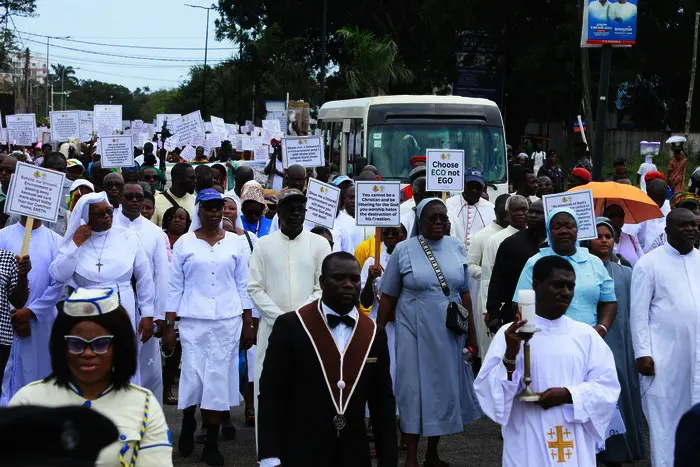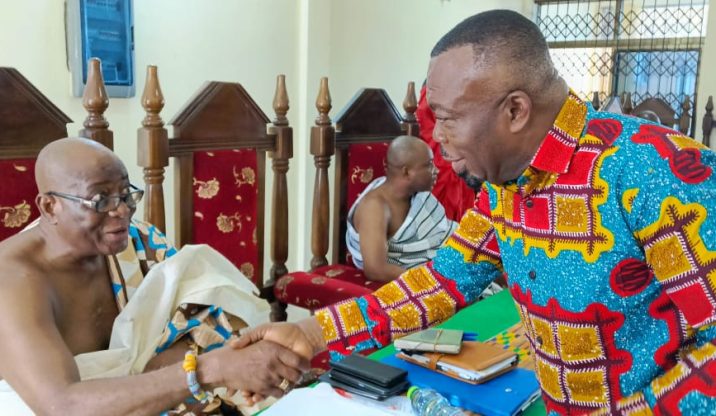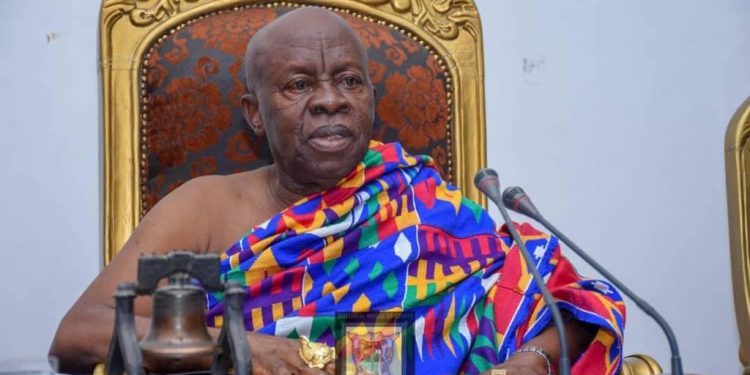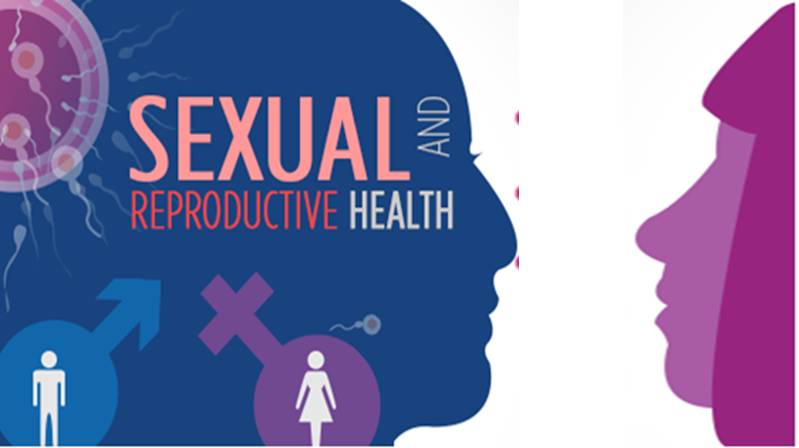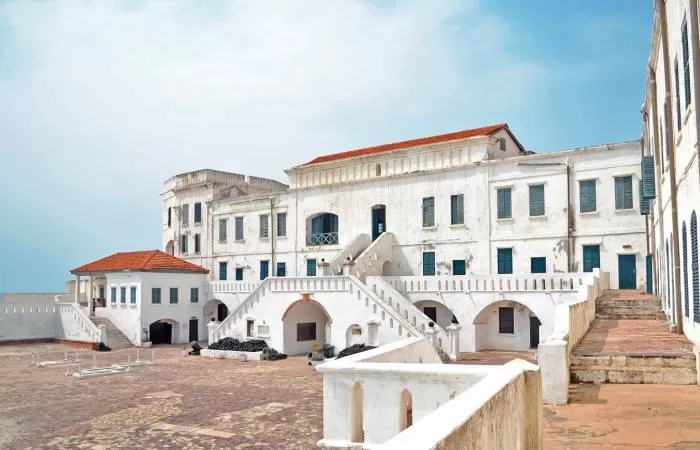In my opinion, Ghana remains a flagship of democracy in West Africa, but persistent issues—such as weak accountability mechanisms, politicization of the civil service, and elite capture—pose serious threats to public trust and institutional effectiveness and our democracy.
- Accountability and Anti-Corruption
High-profile anti-corruption actions (e.g., against the former finance minister) demonstrate political will, yet they’re often superficial in the absence of deeper reforms like merit-based appointments, lifestyle audits, or unexplained wealth orders (Financial Times, 2025; Simons, as quoted in FT, 2025). Think-tank Imani has emphasized that without these systemic reforms, anti-corruption campaigns tend to be symbolic rather than impactful. - Politicization of the Civil Service
Empirical research shows that partisan politics has corroded Ghana’s civil service, turning it into a tool of patronage rather than professional administration (Nyarko et al., 2019). Nzamba and Oğuz (2025) similarly argue that transparency and accountability reforms in the public bureaucracy are long overdue. - Transparency and E-Procurement
The introduction of e-procurement has improved transparency; however, institutional and infrastructural gaps—such as limited ICT capability and variable adoption across agencies—still hamper its full potential (Musah et al., 2025; Addo, 2019). Without standardised systems and citizen participation, procurement remains open to manipulation. - Elite Capture and Democratic Oversight
Elite capture undermines local governance by diverting public resources toward narrow interests (Owusu-Amponsah et al., 2013). Even decentralization efforts are stunted by limited capacity at subnational levels and elite domination in resource allocation. - Legal Frameworks and Access to Information
The enactment of the Right to Information Act in 2019 and the establishment of the Office of the Special Prosecutor are significant milestones (Office of the Special Prosecutor, 2025). Nevertheless, their efficacy is compromised by incomplete implementation, infrastructural shortcomings, and low institutional responsiveness (GNA, 2022).
My Perspective on the Way Forward
- Institutionalize Accountability Mechanisms
Ghana must transition from political theatre to structural integrity by embedding lifestyle audits, wealth checks, and merit-based recruitment in law and practice. - Depoliticize the Civil Service
Establishing clear protections against political interference and making appointments independent of regime change are essential steps toward building professionalism. - Strengthen E-Procurement and Open Data Practices
Fully resourcing e-procurement and the Open Data Initiative, and ensuring citizen engagement in subnational procurement can close accountability gaps and enhance inclusion. - Scale Transparency to the District Level
Governance reforms should not remain confined to Accra. Local assemblies and district-level institutions must be empowered technically and financially for meaningful decentralization. - Focus Beyond Politics—On Performance
Governance in Ghana must evolve from patronage-based systems to performance-based models—prioritizing competence, public welfare, and service delivery above political loyalty.
Conclusion
Ghana’s journey toward democratic consolidation is promising, but it risks stagnation if reforms stall at superficial levels. For real progress, accountability must be codified, the public service must be depoliticized, and transparency—especially at local levels—must be strengthened. Only then can the Ghanaian people genuinely trust and rely on their institutions.
Ghana’s democratic and governance trajectory remains promising—but promise alone cannot sustain progress. Structural reforms that embed accountability, curb politicization, and democratize transparency are vital. Without them, we risk accepting rituals of governance at the expense of real institutional effectiveness. Citizens deserve—not just rhetoric, but a governance system worth trusting and a democracy that delivers.
By Dr Bismark Owusu-Sekyere Adu (FHEA)
Leadership Development and Governance scholar
obismark.owususekyere@gmail.com
baowusu-sekyere@pentvars.edu.gh
The post A Candid Reflection on Governance in Ghana: Navigating Promise and Pitfall appeared first on Newstitbits.



